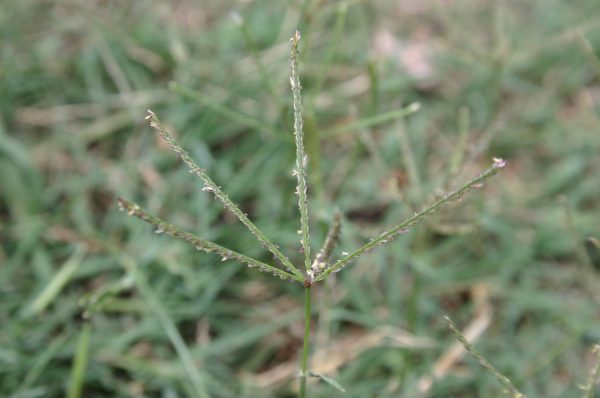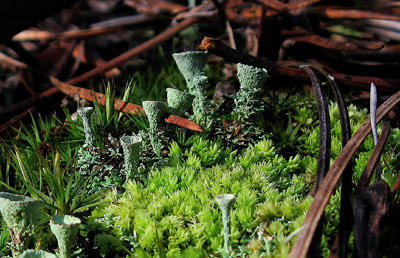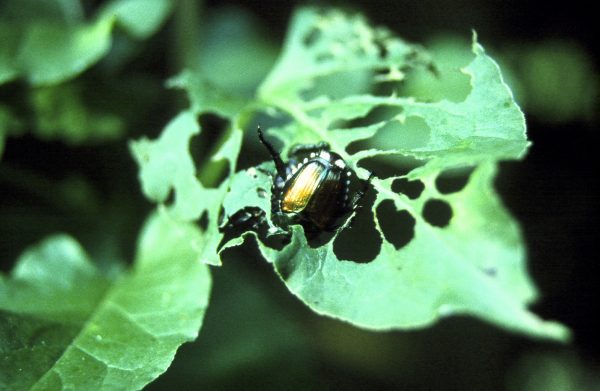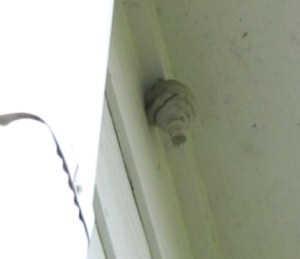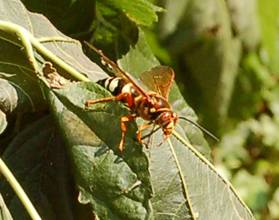Caterpillar – Determining Sex
Q: I found a caterpillar in the back yard. I asked my Mom if it was a boy or a girl caterpillar and she didn’t know. I asked my neighbor if was a boy or girl and he didn’t know. Do you know?
A: I don’t know if your caterpillar is a boy or a girl but I am sure it knows!
You probably already know that a caterpillar is just one of the four stages of life through which a butterfly goes: adult, egg, caterpillar and pupa (cocoon). The easiest time to determine if a butterfly is male or female is when it is an adult. A butterfly identification guidebook will show you the wing markings that distinguish the two.
When a female butterfly lays her eggs, each one is either a boy or a girl. The eggs hatch in a few days into tiny caterpillars. Even though the caterpillars are either male or female, this doesn’t matter to them and the two sexes look identical.
What ^does^ matter to a caterpillar is to EAT, EAT, EAT in order to gain the size and energy to change into a butterfly. Once the caterpillar is mature, it will attach itself to a twig or leaf and harden into a pupa. Inside the pupa, the caterpillar body will change into a butterfly. When the butterfly emerges from the pupa, he or she will go looking for a flower from which to feed. Later, he or she will look for a mate. They don’t use their eyes to find each other; they use a special perfume (a pheromone) that each can detect.
Even though this seems complicated, butterflies and moths have somehow managed to figure out who is male and who is female for millions of years. It must be simple to them – but even the smartest scientists would have a hard time figuring out whether your caterpillar is a boy or a girl.






